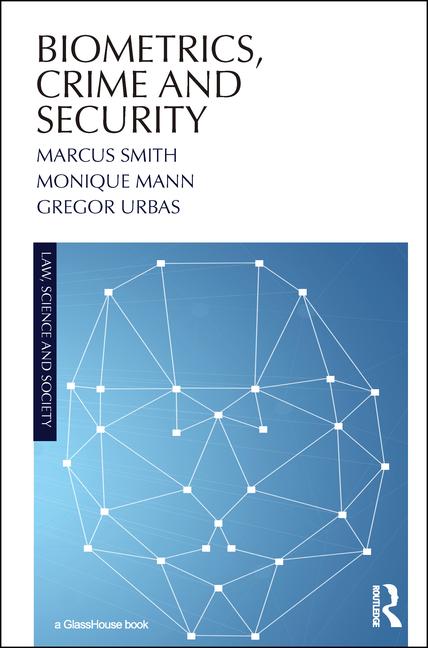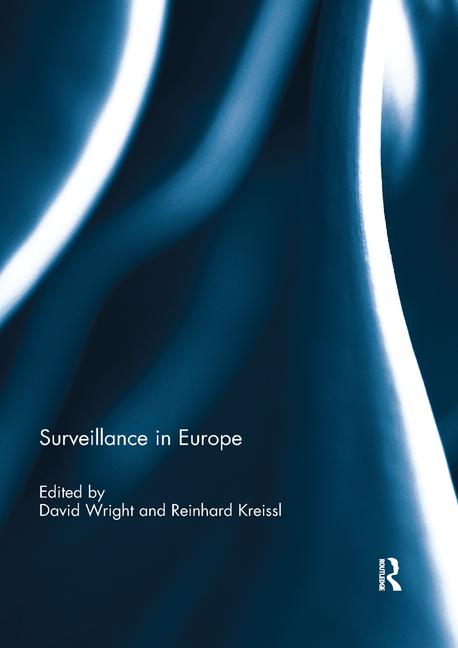U.S. Representatives Jim Matheson (D-UT) and Charlie Bass (R-NH) recently reintroduced legislation to increase the use of life-saving residential carbon monoxide (CO) alarms. The Residential Carbon Monoxide Poisoning Prevention Act is similar to legislation that was approved by the House of Representatives in the last session of Congress, but the Senate never brought the bill to a vote. The Senate version of the bill was introduced by Senators Olympia Snowe (R-ME) and Amy Klobuchar (D-MN).
Carbon monoxide is the leading cause of accidental poisoning deaths in the United States, and according to the CDC it results in more than 400 deaths and 20,000 emergency room visits every year. Symptoms of CO poisoning often mimic the flu, with headache, nausea and dizziness, so it is often misdiagnosed or under-detected.
Improper use or malfunction of a fuel-burning appliance such as a furnace, water heater, clothes dryer, stove, oven or generator can produce dangerous levels of CO. Other potential sources include improperly vented fireplaces or vehicles left running in an attached garage. When the gas builds up inside a home, it can quickly lead to illness or even death. CO has no taste or smell to alert people to its presence; the only safe way to detect it is with a properly working CO alarm.
The Residential Carbon Monoxide Poisoning Prevention Act sets up a $10 million grant program over five years to encourage states to enact a rule or law requiring all dwelling units and apartment buildings to have carbon monoxide alarms. States with greater than average fatalities from CO poisoning and those serving vulnerable populations, such as children or seniors, would be given priority. The grant program will be administered by the Consumer Product Safety Commission (CPSC).
In an earlier Congressional hearing on CO poisoning, an official with CPSC testified that fewer than 50 percent of U.S. households have CO alarms. He said that working with state and local authorities is critical to dispensing information about the dangers of carbon monoxide poisoning.
The legislation would require the Consumer Product Safety Commission (CPSC) to adopt the American National Standards Institute/Underwriters Laboratories (ANSI/UL) standard 2034 for single and multiple-station carbon monoxide alarms, and UL 2075 for gas and vapor detectors and sensors, as mandatory consumer product safety rules. It also places importance on effective devices that meet rigorous safety standards.
To date, 36 states — as well as Puerto Rico and Guam — have enacted laws requiring CO detection in residential dwellings, and more states are likely to adopt similar legislation or codes in the coming years. In order to avoid confusion among regulators, consumers and the industry, state lawmakers need a consistent standard to define what constitutes an “approved” detection device. Without such a reference, conflicting regulations may arise, which would run counter to one of the CPSC’s guiding objectives “to develop uniform safety standards for consumer products and to minimize conflicting state and local regulations.”
The act does not create a federal mandate requiring CO detectors to be installed in homes or other residential dwellings, nor does it preempt the authority of state legislatures or local governments in seeking to provide the flexibility to legislate based on the unique needs of the residents of each state.
“Carbon monoxide is the leading cause of accidental poisoning deaths in this country,” said Rep. Matheson. “There’s a simple way to lower that number: installation of carbon monoxide detectors in homes and residences.”
The Security Industry Association (SIA) supports the enactment of legislation that provides standards for CO detectors and federal support for installation of these live-saving devices. SIA has joined with The Electronic Security Association (ESA), the National Association of State Fire Marshalls, The Congressional Fire Service Institute, the Center for Campus Fire Safety, Safe Kids Worldwide, and the National Electrical Manufacturers Association in support of the legislation.






